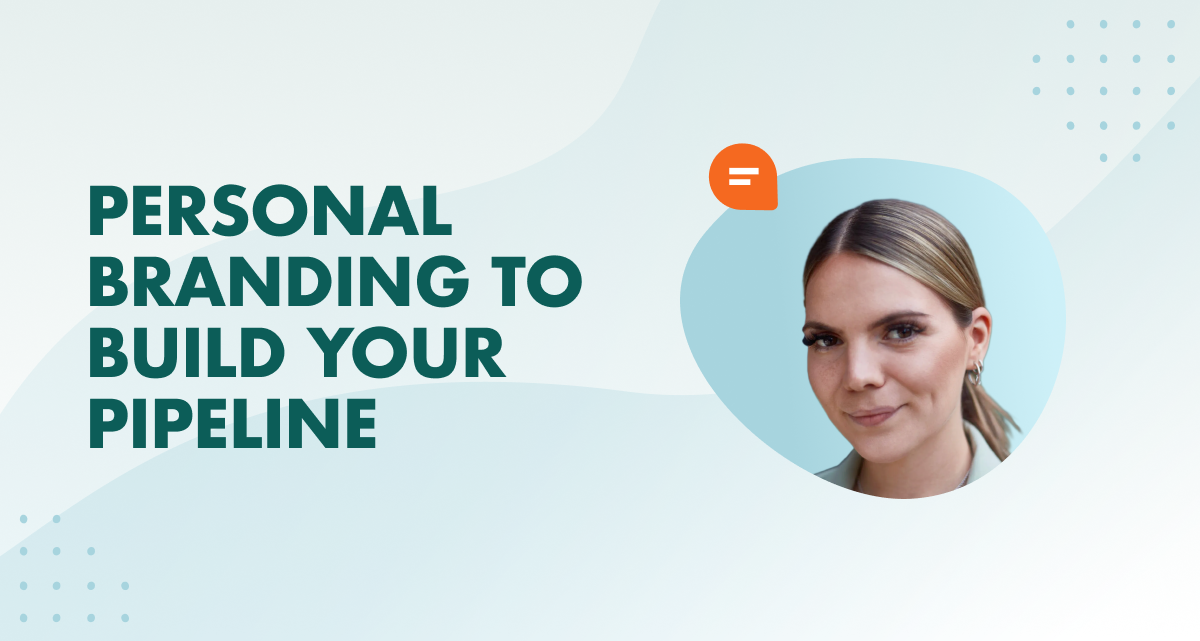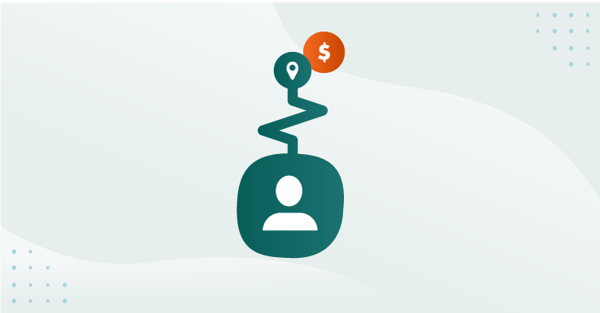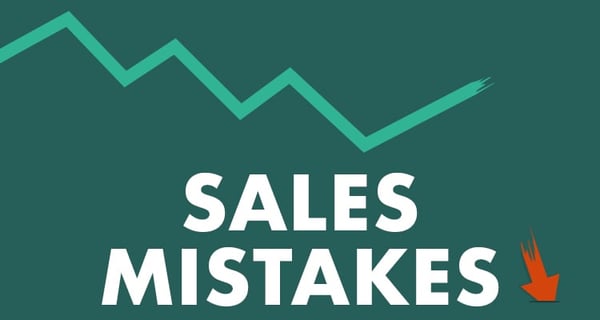Today we witness an explosion of communication channels where salespeople can look for prospects and reach out to offer their products.
Traditional channels like phone and email are now competing with social media platforms, like LinkedIn, Facebook, Twitter, YouTube, Instagram, etc.
As a result, this proliferation of channels has created a lot of noise that may be difficult to get through. 📣
Every business has something to say, many copy each other and say or do the same things, so it becomes much more difficult to cut through that noise and stand out from the crowd.
C-level executives, aka decision-makers, are literally bombarded with sales outreach messages (cold calls, emails, LinkedIn messages, etc.) every single day.
And when you’re trying to reach out to potential buyers today, it becomes less important what you say to a decision-maker, and more how you can even get to speak to the decision-maker.
How to start building a personal brand that sells
Maik Smolen, the Head of Field Marketing at SuperOffice, spoke to Mattia Schaper, a Sales Development Representative (SDR) and a co-founder of SDRs of Germany, who has created a powerful personal brand on LinkedIn, boasting more than 26,000 followers.
Mattia shared a few tips on how to build your personal brand, find your target audiences, expand your social network, and, as a result, build your pipeline and reach your sales goals fast. Here are just a few of them – but make sure to watch the video to get the full scoop and all her tips!
1. Analyze your competition. Start off by analyzing what other personal brands do: what works for them, their cadency, their topics, their voice. But don’t become a copycat! Always make your own content. Chances are your competitors will only talk about how great they are and give out advice left and right. So, don’t imitate or (worse) feel intimidated by their success. Observe, learn, and move on.
2. Be relatable and authentic. This means you need to talk about who you really are. Never shy away from talking about your failures, flaws or limitations. Instead of portraying yourself as a successful “know-it-all” and lecturing people, share personal stories, be real, and take your audience on a journey. Being authentic is the biggest virtue in personal branding.
3. Comment on other people’s posts. Most people overestimate posting. Comments are as important, or even more important than posts. It’s possible to build a personal brand just by commenting and being active on LinkedIn. But it’s not possible to build a personal brand just by posting but never interacting. Commenting is a way to initiate a relationship and acknowledge other people’s efforts.
4. ...but make the comments meaningful! Don’t just comment with generic phrases, like “Great insight”, “Thanks for sharing”. Instead, make your posts meaningful and comment on a specific idea. This shows genuine attention and effort that you put into it.
5. Find your authentic voice. Write like you, not the way you “think” you should sound. You’ll enjoy it more! And don’t be afraid of humor and personality. Post memes, gifs, crack jokes – whatever it takes to sound like a human and make other people feel something. If you can make a prospect smile with your message, you’re already halfway there.
6. Personal branding vs. social selling. Your personal brand can help you to sell successfully, but personal branding is not about your company or product. Talk about the problems you can solve, sure, but not about the company. For instance, you can write a post about a specific problem that comes up, and at the end say, “If you have this problem, get in touch!” But make it about the problem, not the product. And doing so via your own experience.
7. Don’t overthink it. LinkedIn favors good content. Stop worrying about what’s the best time to post, or how long the post should be, etc. Forget about algorithms and just try to tell a good story and be authentically you.
8. Set goals and keep yourself accountable. Start achievable and set targets for how often to be active, post, interact. You can motivate yourself better by setting goals. Allow yourself to be ambitious. Set measurable and attainable, concrete goals and continuously raise the bar. The progress you will see in time will surely keep you going.
9. Be where your target audience is. Go to places where your target audience congregates: the podcasts they listen to, events they attend, etc. Then analyze who they are, what they post about, what they care about. Next step is to become visible at those places. Be active and get yourself in front of them. This is how you get on the stage.
So, there you go – start growing your LinkedIn follower network and filling that pipeline!



